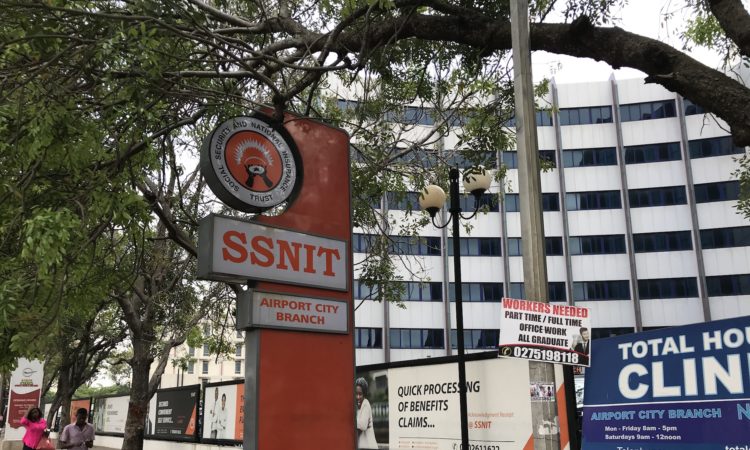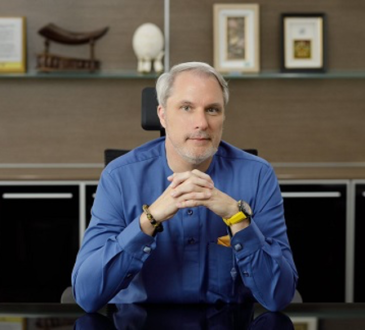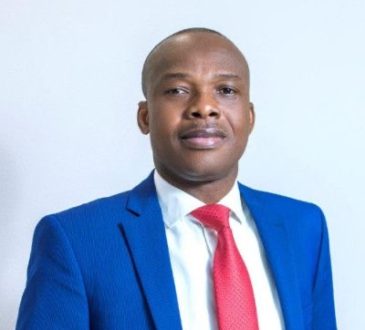
The Social Security and National Insurance Trust (SSNIT) has refuted reports suggesting that it will be unable to pay benefits by 2036 due to a depletion in reserves.
According to management of the pension scheme, it still receives contributions from its members and has enough funds to pay accruing benefits due members beyond 2036.
In a statement copied to the Investment Times in yesterday, the SSNIT pension scheme said “this growth is well supported by the current demographics and the dedicated activities of our staff in getting new employers and contributors to join the scheme”.
They added that, the SSNIT pension scheme, as set up by ACT 766, is a partially funded scheme, and that pension payments are funded from contributions and returns from investments.
The management explained that the investment income has been healthy and would offset any unexpected deficits that may arise.
“The Government is current in the payment of contributions on behalf of its workers. Modalities are in place to service the outstanding contributions. The Trust has never missed any pension payment since 1991, when the pension scheme was introduced. The Trust therefore assures all Members and the public that it will continue to ensure prudent management of the Fund to meet its benefits payment obligations beyond 2036,” parts of the statement read.
This rejoinder from the management of the SSNIT pension scheme comes in light of an International Labour Organization (ILO) report that indicated that the reserves of SSNIT will soon be depleted.
According to the ILO report, the administrative expenses of managing pension funds have steadily increased as a percentage of member contributions to the scheme.
This pattern indicates that a larger portion of resources meant for beneficiaries is being directed towards covering the operational costs of the scheme. This prompts the crucial question of how these funds are being utilized if not for their intended purpose.
“Starting in 2029, total income (contributions, investment income and other income) is no longer sufficient to pay for annual expenditures. The reserve starts to decrease. During the year 2036, the reserve drops to zero,” the report emphasised.






